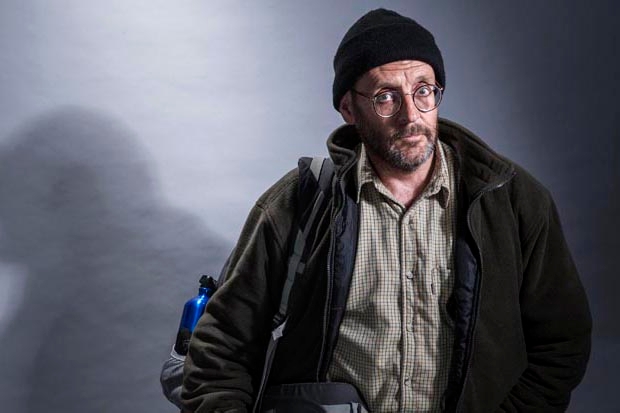Television used to employ entertainers to entertain the public. Back then you could count the channels on the fingers of one hand and still have a thumb left over to stick aloft in praise of the nightly parade of talent. That was decades ago, before every housing estate in the land pointed supplicatory dishes at the cosmos, which beamed back numberless multi-channels devoted to cooking and/or shopping, golfing and/or shagging. It’s all changed. Now television employs the public to entertain the public. It’s cheaper.
So we have talent shows, reality shows, aspirational have-a-go shows from which contestants are expelled one at a time. It is always gripping to find out which members of the public can sing/sell/bake exceedingly good cakes. But as a non-optional extra audiences are also offered the back story, an endless river of soap, snot and sobs in which participants attest that they’re doing this for an auntie with Bell’s palsy, or in memory of a much-admired guinea pig that just pegged it.
This is why Hunted (Channel 4, Thursdays) has blown in like a fresh breeze. Across six episodes, 14 volunteers went on the run, the majority in pairs, and tried to avoid capture for 28 days. Ranged against them was the full apparatus of the surveillance state in the shape of former coppers and soldiers and other specialists in man-hunting, some monitoring events and pulling strings from a central office, others giving chase up and down Britain’s roads. The Achilles’ heel for the hunted was the magnetic tug of partners and children. To remain truly undetected, there could be no phoning family or friends, no here-I-am status updates and look-at-me tweets. For once the back story — the life they’d left behind to appear on TV — has had genuine narrative value.








Comments
Join the debate for just £1 a month
Be part of the conversation with other Spectator readers by getting your first three months for £3.
UNLOCK ACCESS Just £1 a monthAlready a subscriber? Log in